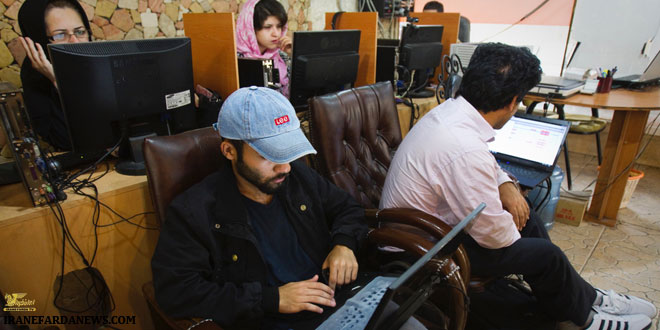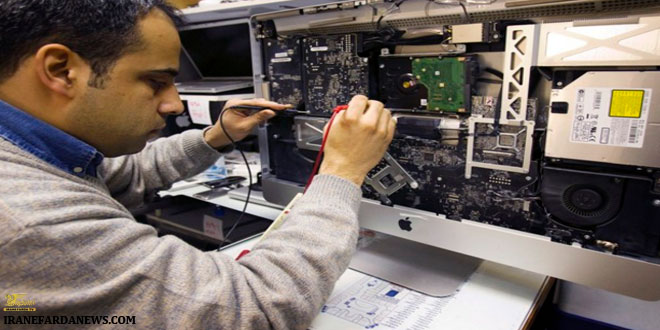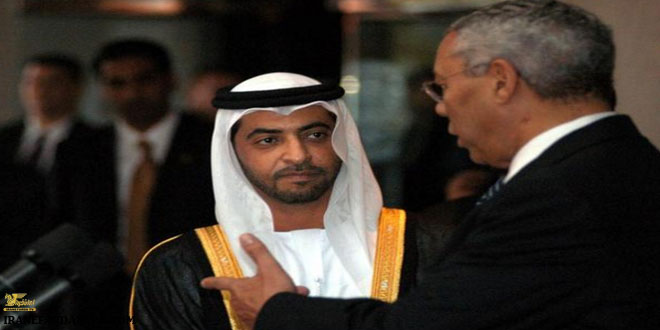
By JENNIFER HUNTERThe Reader
In his book The Fall of Heaven, author Andrew Scott Cooper attempts to “humanize” Mohammad Reza Pahlavi, the shah who was swept aside by the Iranian Revolution in 1979. Read More »

By JENNIFER HUNTERThe Reader
In his book The Fall of Heaven, author Andrew Scott Cooper attempts to “humanize” Mohammad Reza Pahlavi, the shah who was swept aside by the Iranian Revolution in 1979. Read More »
The Arab Weekly

Lebanon has 18 religious confessions represented in parliament
Too much reliance on conventionality obstacles deepen social divisions to levels reminiscent of civil war times.
by:Mohamed Kawas
BEIRUT – Conventionality has been part of Lebanon’s political system since the country’s independence in 1943. It refers to the political elite’s commitment to a convention that established a social and political contract among the Lebanese — some sort of an unwritten spirit of the constitution. At conventionality’s heart lies veneration of partnership among Lebanon’s sects, especially in matters not clearly covered by the written constitution. Read More »

Sustaining his inflammatory attacks against the US, Iran’s Supreme Leader Ayatollah Ali Khamenei said on Wednesday that Tehran should avoid negotiations with the US on any issues while boosting its offensive military capabilities. Read More »

by:Ananya Bhattacharya
Iranian officials aren’t explicitly banning internet access, but they are doing everything they can to wean residents off the world wide web and steer them toward a local, walled alternative. Read More »

by:MATT VASILOGAMBROS
The country has been blocking certain websites for more than a decade. Now, it’s creating an intranet that is entirely Iranian. Read More »
Paul Pillar

Paul R. Pillar
Well, that didn’t last long, did it? Barely a week after the announcement that Russian warplanes were using a base in Iran to launch airstrikes in Syria, Iran withdrew its permission to use the base. This development underscores how the Russian use of the base did not indicate some new “alliance”, as much commentary suggested. Read More »
Middle East

By:Eli Lake
One of the great hypotheticals of Barack Obama’s presidency involves the Iranian uprising that began on June 12, 2009, after Mahmoud Ahmadinejad was announced the winner of contested presidential elections. What if the president had done more to help the protesters when the regime appeared to be teetering? Read More »

By: Rori Donaghy
It is alleged that the rulers of the UAE stopped a family member from attempting to seize power in a bloodless palace coup during 2011
US Secretary of State Colin Powell (R) speaks to Sheikh Hamdan Bin Zayed al-Nahyan in 2004
Amid the Arab Spring uprisings of 2011 a senior prince in the United Arab Emirates allegedly plotted a palace coup to overthrow the country’s leaders and transform the autocratic Gulf state into a constitutional monarchy, a former royal employee has told Middle East Eye. Read More »

by:Andrew Scott Cooper
almost seems as if Mohammad Reza Shah Pahlavi, aka the Shah of Iran, wasn’t ruling a great nation so much as auditioning for a blockbuster miniseries. He had it all: a beautiful queen, mistresses galore, absolute power, corrupt kin, and a hedonistic daughter turned Islamic fanatic. Read More »
 Iran’s supreme leader, Ayatollah Ali Khamenei, at a meeting with university students in Tehran, Iran, in a picture released by his office’s website on July 11, 2015.
Iran’s supreme leader, Ayatollah Ali Khamenei, at a meeting with university students in Tehran, Iran, in a picture released by his office’s website on July 11, 2015.
By Jay Solomon
The U.S. hoped that the nuclear deal would boost Iran’s moderates, but after more than a year, Supreme Leader Ali Khamenei and his allies seem to be the big winners Read More »